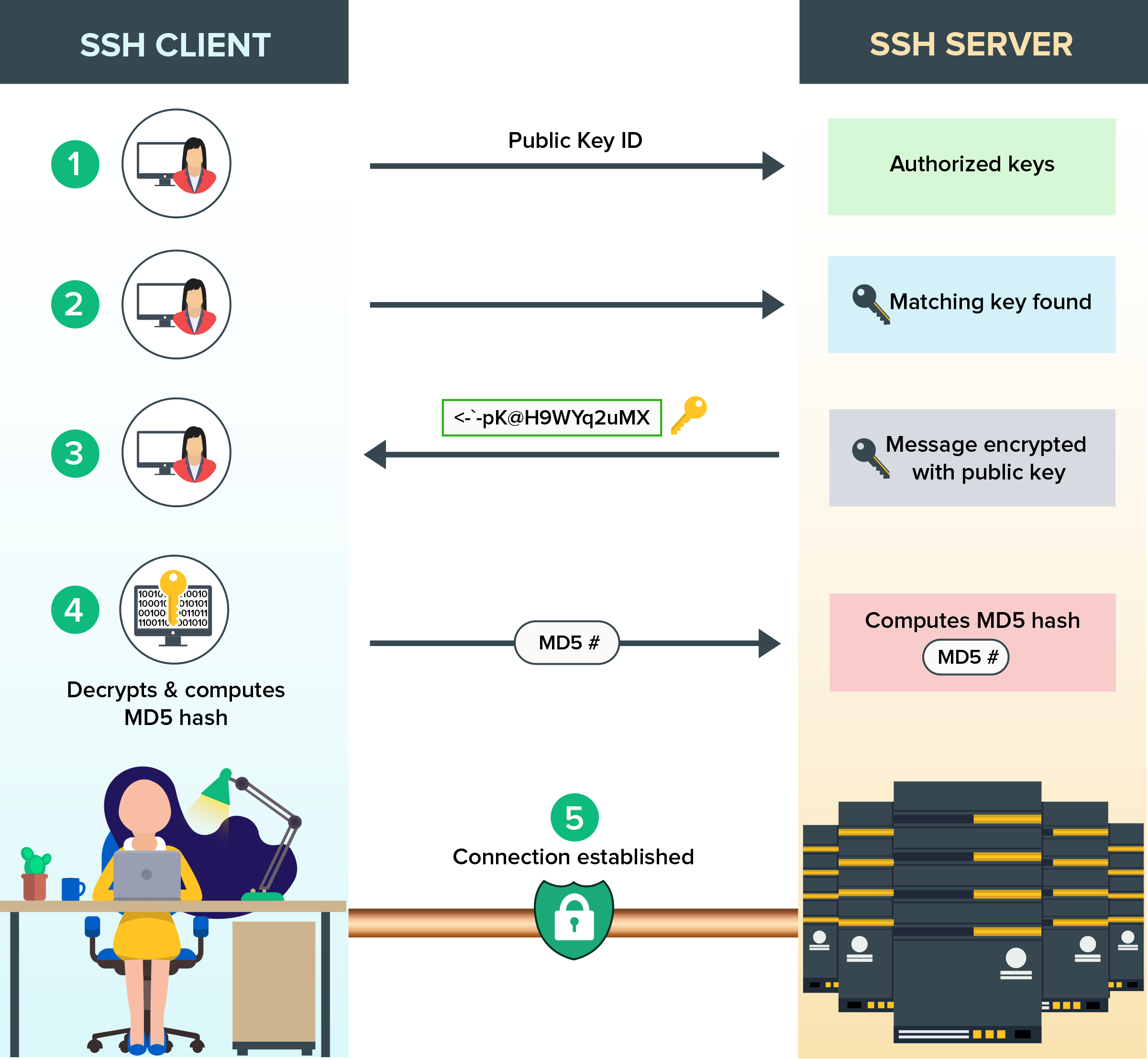Hey there, tech-savvy friend! Are you on the hunt for the best RemoteIoT SSH solutions? Well, you’ve come to the right place. In today’s world, where everything is going wireless and remote, having a secure way to connect to your IoT devices is crucial. RemoteIoT SSH isn’t just a fancy term; it’s your gateway to controlling and managing IoT devices from anywhere in the world. Let’s dive into what makes it so important, and how you can get the most out of it.
As more businesses and individuals rely on IoT devices, the need for secure remote access grows exponentially. Whether you’re a developer, a network admin, or just someone who loves tinkering with gadgets, understanding RemoteIoT SSH is key. It’s like having a secret handshake with your devices, ensuring no one else can eavesdrop or take control.
Now, before we jump into the nitty-gritty details, let’s clear the air. This guide isn’t just another tech article filled with jargon. We’re going to break it down in a way that’s easy to digest, while still giving you all the juicy details you need. So, buckle up, and let’s explore the best RemoteIoT SSH options out there!
- What Is Jamaican Slang For Friend Or Bro Letrsquos Dive Into The Vibrant World Of Jamaican Patois
- 3 Movierulz Kannada Your Ultimate Guide To Streaming And Downloading
What Exactly is RemoteIoT SSH?
Alright, let’s start with the basics. RemoteIoT SSH, or Secure Shell for IoT devices, is a protocol that allows you to securely connect to your IoT devices from a remote location. Think of it as a secure tunnel that keeps your data safe from prying eyes. SSH isn’t new; it’s been around for ages, but its application in IoT is what makes it so exciting.
Here are some key points about RemoteIoT SSH:
- It encrypts all data transferred between your device and the IoT system.
- It provides authentication to ensure only authorized users can access the devices.
- It supports various commands and operations, making it versatile for different use cases.
In a nutshell, RemoteIoT SSH is your best friend when it comes to managing IoT devices remotely. But, as with any technology, not all SSH solutions are created equal. Let’s explore what makes a RemoteIoT SSH solution truly the best.
- Lucita Aranas The Rising Star You Need To Know About
- Enhypen Ages The Rising Stars Of Kpop And Their Youthful Energy
Why Choosing the Best RemoteIoT SSH Matters
Choosing the right RemoteIoT SSH solution isn’t just about convenience; it’s about security, reliability, and scalability. Imagine this: you’ve set up a network of IoT devices in a remote location, and suddenly, you lose control because of a weak SSH connection. Not a great scenario, right?
Here’s why picking the best RemoteIoT SSH is crucial:
- Security: With cyber threats on the rise, having a robust SSH solution is essential to protect your data and devices.
- Reliability: You need a solution that works consistently, even in challenging conditions.
- Scalability: As your IoT network grows, your SSH solution should be able to handle the increased load without breaking a sweat.
Now that you know why it matters, let’s take a look at some of the top RemoteIoT SSH solutions available today.
The Top 10 Best RemoteIoT SSH Solutions
There are plenty of RemoteIoT SSH solutions out there, each with its own strengths and weaknesses. Below, we’ve compiled a list of the top 10 options, so you can make an informed decision.
1. OpenSSH
OpenSSH is a widely used and trusted SSH solution. It’s open-source, which means it’s free to use and has a large community of developers contributing to its improvement. OpenSSH is known for its security features and compatibility with various platforms.
2. Bitvise SSH
Bitvise SSH is a commercial SSH client and server that offers advanced security features. It’s particularly popular among Windows users due to its seamless integration with the operating system.
3. PuTTY
PuTTY is another popular SSH client, especially for Windows users. It’s lightweight, easy to use, and supports a variety of protocols. While it may not have all the bells and whistles of some other solutions, it gets the job done efficiently.
4. Tectia SSH
Tectia SSH is a commercial SSH solution that focuses on enterprise-level security. It’s ideal for organizations that need to manage large-scale IoT networks with strict security requirements.
5. MobaXterm
MobaXterm is an advanced SSH client that offers a range of features, including terminal emulation, file transfer, and remote desktop capabilities. It’s a great all-in-one solution for managing IoT devices.
6. Cyberduck
Cyberduck is an open-source SSH client that’s particularly popular among Mac users. It’s known for its user-friendly interface and support for various protocols, making it a versatile choice for managing IoT devices.
7. WinSCP
WinSCP is a powerful SSH client that focuses on secure file transfers. It’s ideal for users who need to transfer large amounts of data between their IoT devices and remote servers.
8. SecureCRT
SecureCRT is a commercial SSH client that offers advanced features like scripting and automation. It’s a great choice for users who need to automate repetitive tasks in their IoT networks.
9. Termius
Termius is a modern SSH client that’s available on multiple platforms, including iOS and Android. It’s perfect for users who need to manage their IoT devices on the go.
10. Cloudflare Argo Tunnel
Cloudflare Argo Tunnel is a cloud-based SSH solution that offers secure and fast connections to IoT devices. It’s ideal for users who want to avoid the hassle of setting up their own SSH servers.
Key Features to Look for in the Best RemoteIoT SSH
When evaluating RemoteIoT SSH solutions, there are several key features you should consider:
- Encryption: Ensure the solution uses strong encryption protocols to protect your data.
- Authentication: Look for solutions that offer multi-factor authentication for added security.
- Compatibility: Make sure the solution works with your devices and platforms.
- Scalability: Choose a solution that can grow with your IoT network.
- Support: Opt for solutions that offer reliable customer support in case you run into issues.
By keeping these features in mind, you’ll be able to find a RemoteIoT SSH solution that meets your needs.
How to Set Up RemoteIoT SSH
Setting up RemoteIoT SSH might seem daunting, but with the right guidance, it’s actually quite straightforward. Here’s a step-by-step guide to help you get started:
Step 1: Choose Your SSH Client
First, you’ll need to select an SSH client. As we discussed earlier, there are plenty of options to choose from. Pick one that suits your requirements and platform.
Step 2: Install and Configure the Client
Once you’ve chosen your SSH client, install it on your device. Most clients come with straightforward installation processes. After installation, configure the client to connect to your IoT devices.
Step 3: Generate SSH Keys
To ensure secure connections, generate SSH keys. These keys act as digital passports, allowing your device to authenticate with the IoT system.
Step 4: Connect to Your IoT Devices
With everything set up, you can now connect to your IoT devices remotely. Simply enter the necessary credentials, and you’ll have access to your devices from anywhere in the world.
Common Challenges and Solutions
While RemoteIoT SSH is a powerful tool, it’s not without its challenges. Here are some common issues and how to overcome them:
- Connection Drops: Ensure your network is stable and consider using a more reliable SSH solution.
- Security Breaches: Regularly update your SSH client and use strong authentication methods.
- Compatibility Issues: Choose an SSH solution that’s compatible with all your devices and platforms.
By addressing these challenges, you can ensure a smooth and secure RemoteIoT SSH experience.
Best Practices for RemoteIoT SSH
To get the most out of your RemoteIoT SSH setup, follow these best practices:
- Regularly update your SSH client and server software.
- Use strong passwords and enable multi-factor authentication.
- Monitor your connections for any suspicious activity.
- Document your setup process for future reference.
By adhering to these practices, you’ll minimize risks and maximize the benefits of RemoteIoT SSH.
Conclusion
And there you have it, folks! The best RemoteIoT SSH solutions are out there, waiting for you to discover them. Whether you’re a seasoned pro or just starting out, understanding RemoteIoT SSH is key to managing your IoT devices securely and efficiently.
To recap, here are the key takeaways:
- Choose a solution that meets your security, reliability, and scalability needs.
- Look for features like encryption, authentication, and compatibility.
- Follow best practices to ensure a secure and smooth experience.
Now, it’s your turn to take action. Share your thoughts in the comments below, and don’t forget to check out our other articles for more tech insights. Happy connecting, and stay secure!
Table of Contents
- Lacy Kim Leak The Inside Scoop You Need To Know
- Erome Lays Peace The Ultimate Guide To Achieving Inner Tranquility


